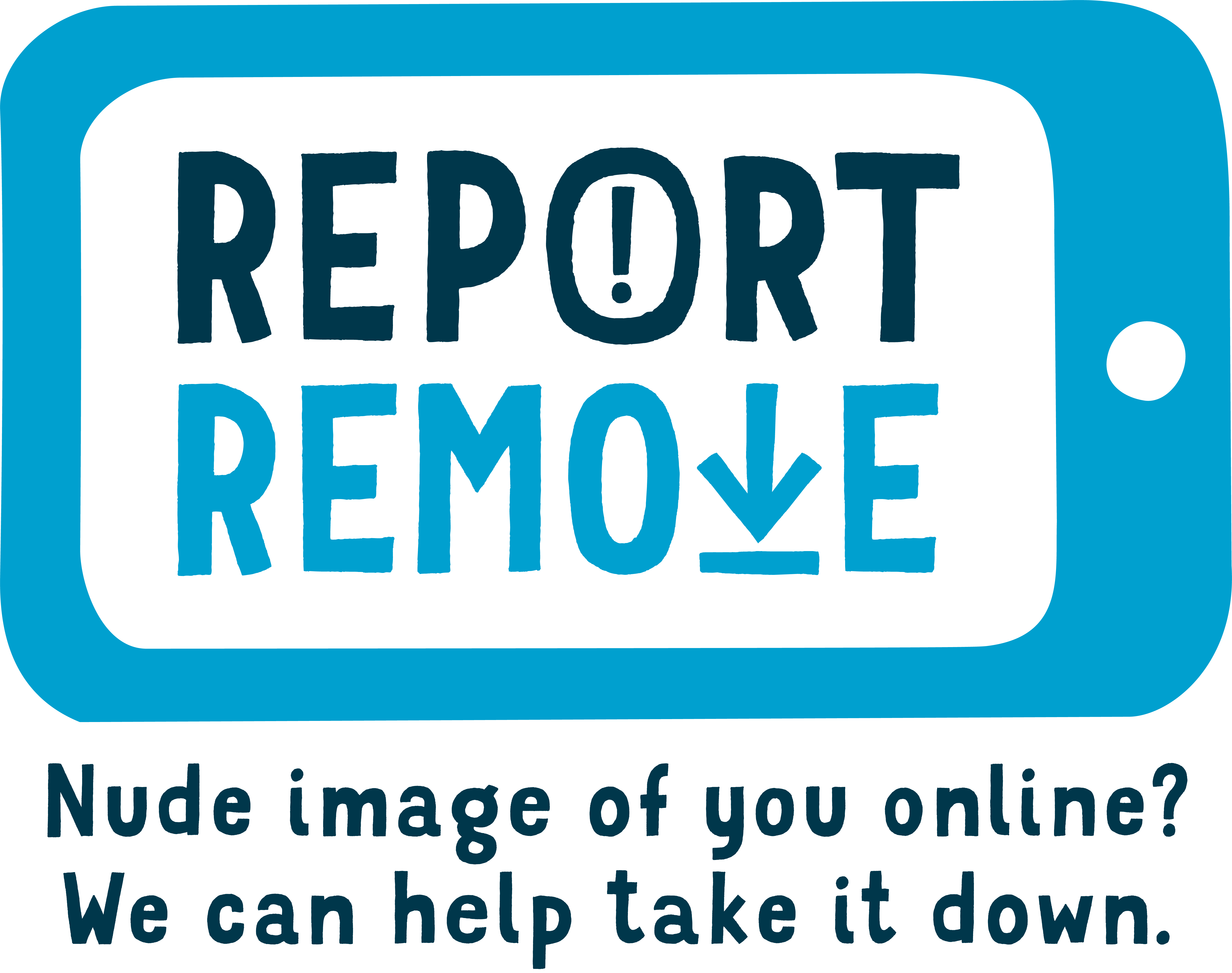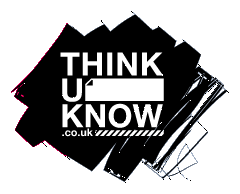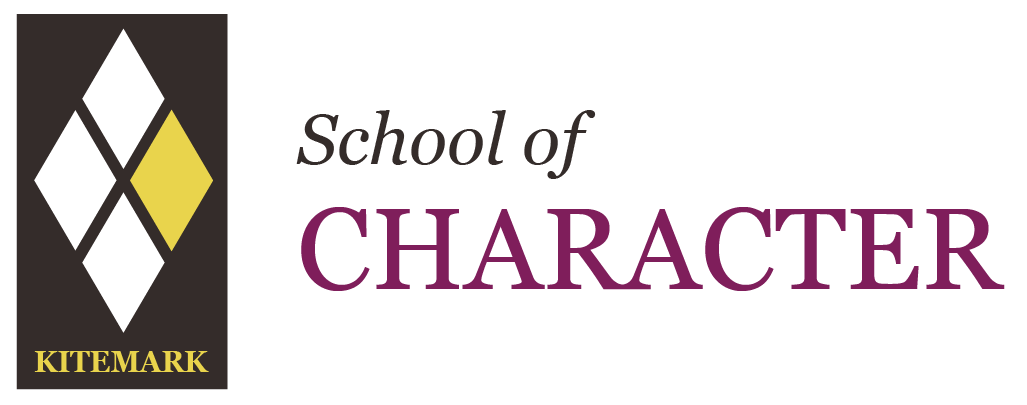CEOP is here to keep children safe from sexual abuse and grooming online. You can make a report directly to the CEOP Safety Centre by clicking on the Click CEOP button if something has happened online which has made you feel unsafe, scared or worried. This might be from someone you know in real life, or someone you have only ever met online. CEOP take all reports seriously and they will do everything they can to keep you safe. As well as making a report to the CEOP Safety Centre, the CEOP Education website has information and advice to help you if something has happened to you online.

|
 |
 |
At Aston Fields Middle School, we recognise the increasing use of technology and the internet in the lives of our children. New technologies are developing all the time and we are dedicated to equipping all pupils with an understanding of the importance of Online Safety and how they can learn to use the Internet and digital resources safely and securely. All pupils are taught Online Safety as part of our Computing and PSHCE curriculum throughout each Key Stage.
Filtering and Monitoring
We ensure that filters are in place to prevent anyone in school having access to unsuitable sites and we monitor the use of the school network and internet to ensure that any pupil attempting to access inappropriate, abusive or harmful material is appropriately advised and/or supported.
The member of staff responsible for Online Safety is Mrs H Mynott. If a parent/carer has any concerns regarding online safety they should contact the Designated Safeguarding Lead, Mrs H Mynott by emailing This email address is being protected from spambots. You need JavaScript enabled to view it..
Useful Online Safety Websites
The websites below provide resources and guides to help with keeping your child safe online, device and social media security settings, and how to discuss matters with your child.
 |
 |
 |
Safer Internet Day
Every year, in February Safer Internet Day is recognised within school. 2023's theme was 'Want to talk about it? Making space for conversations about life online' and 2024's theme was 'Inspiring Change? Making a difference, managing influence and navigating change online'.
The day is nationally coordinated annually by the UK Safer Internet Centre to promote safe, responsible and positive use of digital technology for children and young people. They are encouraging parents, carers, teachers, government, policy makers and the wider online safety industry to take time to listen to children and young people and make positive changes together. They want to discover what issues matter to our young people, what changes they want to see and how we can work together to move forward to make the internet a positive and safe place to interact and learn.
In school, we introduce them to all our pupils through lessons and assemblies, giving them the opportunity to share in this event and explore what they want the internet to be like and how to ensure they keep themselves and others safe online.
Online Safety is taught throughout our Computing and PSHCE curriculum, throughout the time the pupils are with us. We all know how important the internet is to children to learn, play, explore, socialise and express themselves. However, with technology developing so fast it can be a bit daunting and we can worry about the risks children can face online. Keeping up-to-date with the range of apps and social media platforms and how to support young people is a constant challenge. With this in mind, we would like to share some of the resources and advice that is available for you to access and support in your conversations at home.
The UK Safer Internet Centre has produced specific information, advice and support for parents and carers and for young people about keeping safe online and we would encourage you to take some time to look at this through the links provided, as you continue to talk to and support your child about Online Safety.
 |
|
| Children and Young People Guide | Parents and Carers Guide |
How can you help your child to stay safer online at home?
As parents and carers, you will know how important the Internet is to children and young people. They use it to explore, learn, play, socialise and express themselves. The development of technology is always changing and it can be a challenge to keep up to date with these. There are many risks your child may face online, but there is lots of help and advice available to help you to talk to your child about their use of the Internet at home and how to keep themselves safe.
How can you stay safer online?
Think before you post
When posting or commenting online, consider what you say and what effect it may have. Never post comments that are abusive, threatening or are likely to cause offence to others.
Do not say anything or publish pictures that might later cause you or someone else embarrassment. Remember, when you post something it can easily be shared without your control.
Keep personal information private
Make sure you do not share personal details about yourself with people you are interacting with online. This could include names, where you live, school you go to.
Make the most of privacy settings
Keep your profiles secure, allowing access only to your chosen friends and family.
These social media help sections can show you how to block users, change your privacy and contact settings, and report abusive content.
If you have a VR (virtual reality) headset, please see the below guidance on using this system safely.
Childnet Virtual Reality Guide for Parents/Carers
NSPCC Virtual Reality Headset Guidance
The websites below provide resources and guides to help.
| |
|
|
|
|
If you are worried about online bullying you may want to report this to the relevant social media sites. It's a good idea to keep a record of the content (for example, take a screenshot). You can use this to help your report to the service provider and, if necessary, the police or CEOP.
School cannot be responsible for many of the problems encountered from social media relationships and issues, and either the police or CEOP should be directly referred to for support. It may not be a criminal offence, but service providers are often keen to take action against users who abuse their terms of service.
Online Safety Library
- Online Safety Letter April 2025
- Mental Health and Online Safety Newsletter - February 2025
- safety-over-the-festive-season
- using-and-reviewing-parental-controls
- Safeguarding and Child Protection Policy September 2024
- Online Safety Acceptable Use Policy
- Online Safety Letter May 2024
- NCA Advice for parents and carers
- Stay Safe Worcestershire Leaflet
- Online Safety Letter February 2024
- Online Safety Leaflet for Parents & Carers
- Free Speech vs Hate Speech
- Smartphone Safety Tips
- Online Safety Updates - January 2024
- Antibullying Policy
- whatsapp-2023
- Online Safety Guide Letter September 2023
- Parental-Controls-Booklet
- Online Safey Guide Letter July 2023
- Omegle Guide
- OmeTV Guide
- Online Safety Leaflet
- Online Offline Different Worlds
- A Parent and Carers Introduction to Asking the Awkward


